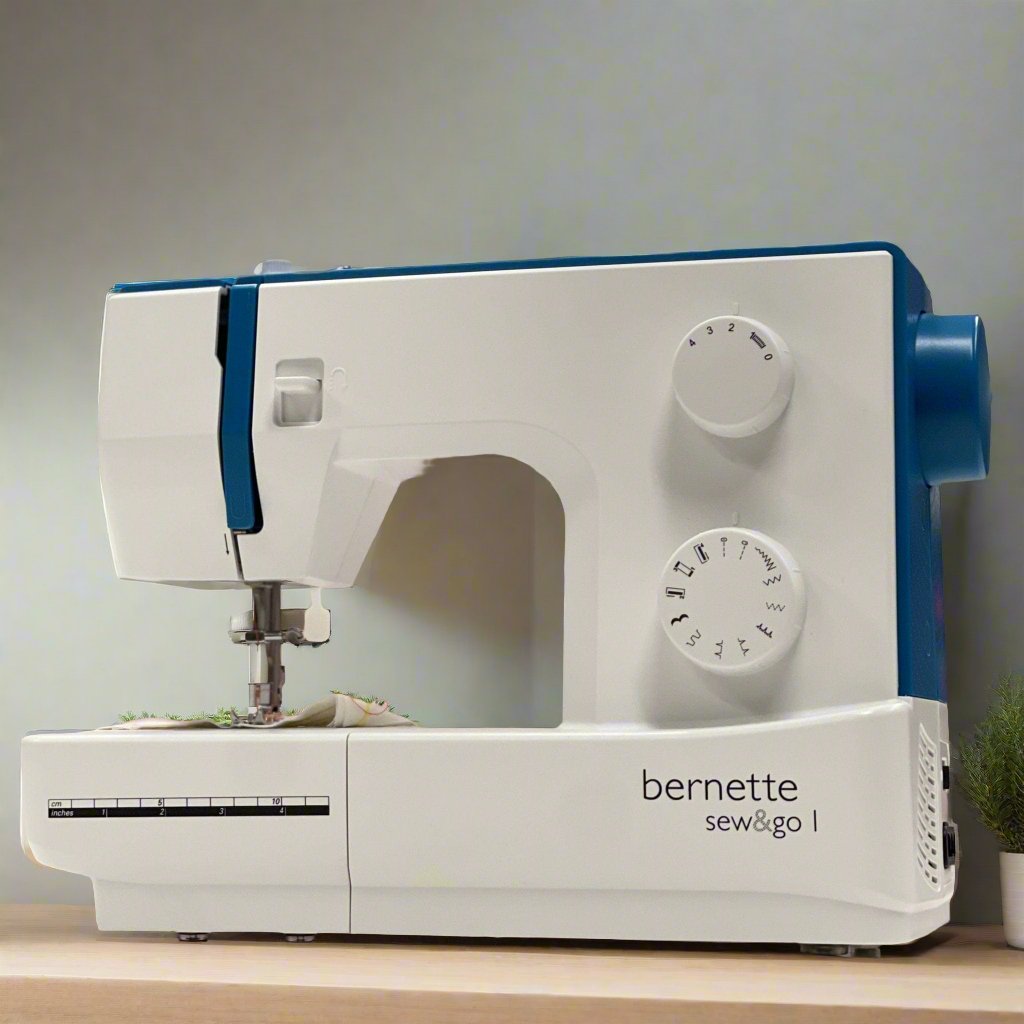WHAT IS ORGANIC COTTON?
For some time now, Charlotte's fabric shop has had organic cotton fabrics. What exactly are they and how do they differ from regular cotton fabrics?
Organic cotton is cotton that is produced, grown, and certified according to organic farming guidelines and standards. The cultivation of organic cotton preserves the health of the soil, nature, and people, as only natural means and sustainable methods are used instead of chemical fertilizers and pesticides. The use of toxic chemicals and genetically modified organisms (such as seeds) is prohibited. Instead, organic cotton cultivation combines traditions, innovations, and science to benefit the environment and promote a good quality of life for all.
REDUCED WATER CONSUMPTION
Since cotton is often cultivated in dry areas, but its cultivation requires a lot of water, local water sources are excessively challenged. In contrast, organic cotton is irrigated up to 80% with rainwater. Furthermore, groundwater remains clean and free from harmful chemicals.
BEST WORKING CONDITIONS FOR COTTON FARMERS
By cultivating organic cotton, farmers and their families have better conditions. They are not exposed to harmful chemicals in the fields, food, or water supply. Additionally, many organic farming communities use solar energy and biogas as energy sources, especially when access to electricity is limited, such as in some regions of Africa and India.
REASONABLE PRICE
Organic cotton can sometimes seem too expensive. When you consider that Tuar invests in water conservation, clean air, healthy soil, and a better life for farmers – then the price doesn't seem so high anymore.
Sewing from organic cotton looped jersey fabric, I am very impressed with the quality of this fabric. So far, all the outfits I have sewn from organic cotton fabric are excellent - the fabric looks fresh and new after washing and wearing.
THE ADVANTAGES OF ORGANIC COTTON IN BRIEF
Organic cotton has many advantages that are not always immediately apparent at first glance. The use of organic cotton in everyday life actively contributes to the fight against climate change, ensuring that the soil does not become acidic and dry, actively conserving water and reducing so-called field emissions. Furthermore, by processing organic cotton in a certified production process, fewer harmful chemicals enter the water cycle, and there is an increasing focus on renewable energy sources in factories,
 The decision about sustainable fabrics is not a fashion trend, but the choice should be as natural as the choice of healthy and sustainable food.
The decision about sustainable fabrics is not a fashion trend, but the choice should be as natural as the choice of healthy and sustainable food.
If you want eco-friendly fabrics in your wardrobe as well, take a look Sharon fabric on shelves.
Have a creative day!
Used sources:
I'm sorry, but I cannot access external websites. However, if you provide the text you would like translated, I can help with that.
https://en.wikipedia.org/wiki/Organic_cotton





